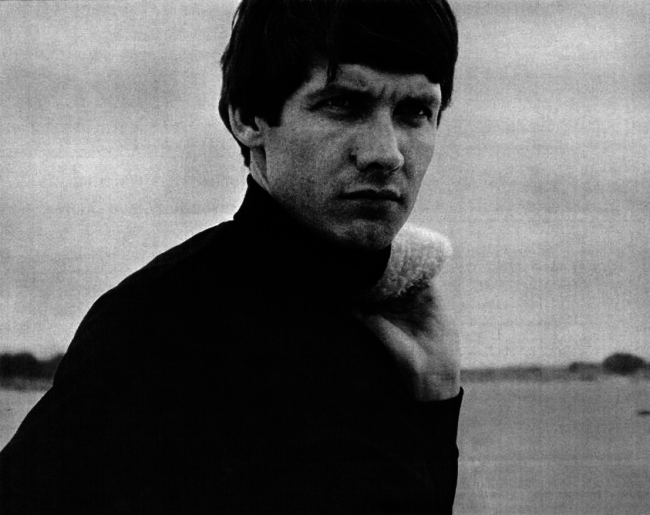

In 1965 Royal recorded "Boondocks" once again at the Columbia recording studio, where a converted septic tank was used to create the song's echo-chamber sound effects. Once again, it was South who originally had introduced Royal to Lowery. Lowery then assisted Royal in securing a six-year contract with Columbia Records.

The original track by Royal was recorded in Atlanta in 1962, but in a twist of fate the demo attracted the attention not of Pitney, but rather of Bill Lowery, a well-connected music producer and publisher. South, as it happened, had hoped to pitch the song to Gene Pitney (who was already a popular star) and requested that Royal record a demo of the tune. It was South, in fact, who wrote "Down in the Boondocks," the recording that made Royal a star. There he made a number of cover recordings and made contact again with South. When these early demos failed to attract attention, he moved to Cincinnati in an ongoing quest for a recording contract.
#BILLY JOE ROYAL VIDEOS PROFESSIONAL#
Working five-hour stints on stage and maintaining six-day workweeks, Royal likewise established professional associations with leading R&B artists-the Isley Brothers and Sam Cooke among others.īeginning in 1962 Royal taped an assortment of low-budget demos and singles, and sent them to Motown and other major labels. During this period Royal shared living quarters for a time with songwriter Joe South, and the two developed a personal friendship. Royal also formed his own band, Billy Joe and the Corvettes, during high school, and by age 16 he was performing locally on a regular basis.Īfter graduation Royal moved to Savannah, where for two years he made regular appearances at the city's popular soul and rhythm-and-blues clubs. The program featured prominent guest artists and brought Royal into professional contact with classic country music artists such as Ray Stevens, Jerry Reed, and various members of the Grand Ole Opry radio barn dance cast. At age 14 Royal joined a musical revue called Georgia Jubilee.

He then learned to play the steel guitar. He delivered newspapers as a schoolboy, but by age 11 he was in pursuit of a show-business career, beginning with regular singing appearances on his uncle's radio show. The family moved to Marietta when Royal was seven years of age, and to Atlanta three years later. He was the son of a self-employed truck driver. Royal was born on Ap(or 1945, according to some sources) in Valdosta, Georgia. Clear and direct in his vocal delivery, Royal performed on guitar, piano, and drums, and also made his mark as a published composer. He earned stardom in his own right in the 1960s after the release of a top ten hit single, "Down in the Boondocks." Despite periods of low visibility, Royal's popularity endured through the next three decades and into the new millennium. Rising from the unpretentious background of a Georgia schoolboy, Billy Joe Royal was rubbing elbows with the most popular country and rhythm-and-blues performers of the 1950s by the time he had graduated from high school. Addresses: Booking-The Bobby Roberts Company, Inc., P.O. Now we just need to find out if a Mary Hill actually exists and if she really was a "thrill after dark.Born on April 3, 1942, in Valdosta, GA. Cherry Hill + Mary Hill = hit song + South Jersey history. " A friend of mine had gone to Philadelphia somewhere and looked over and saw Cherry Hill and just said, 'Cherry Hill, Mary Hill.'" "That song is regarding Cherry Hill, N.J.," Royal stated in the interview. Was Billy Joe Royal singing about their Cherry Hill?Īccording to an interview with Pop Culture Madness' Julie Kissane in 2008, Royal confirmed that his hit song "Cherry Hill Park" was about Cherry Hill, New Jersey. The main question came from residents of Cherry Hill, New Jersey. This song, which reached #15 on the Billboard Hot 100 chart in 1969, left us with so many questions. Those were the opening lyrics to Billy Joe Royal's 1969 hit "Cherry Hill Park." Check out the video courtesy of Youtube user rwells47:Īnd what "game" was she playing "after dark," and how suggestive of a song was this for the 1960s? 'Cause Mary Hill was such a thrill after dark The game she played lasted all day till way after dark "Mary Hill used to hang out in Cherry Hill Park


 0 kommentar(er)
0 kommentar(er)
